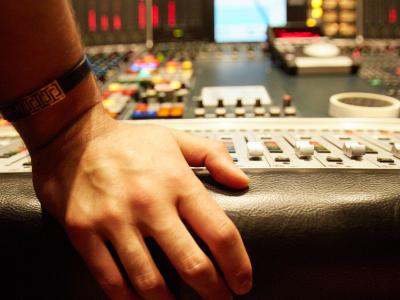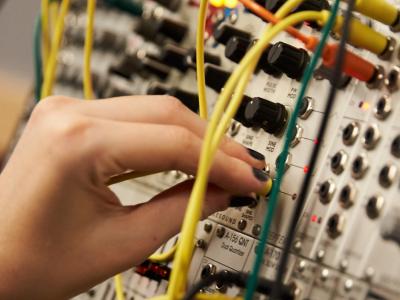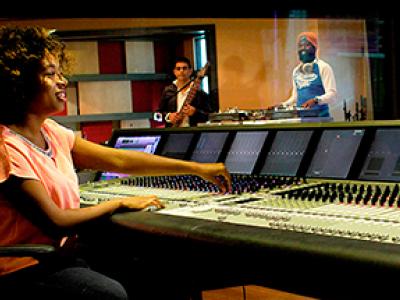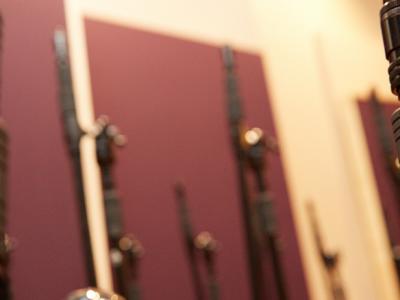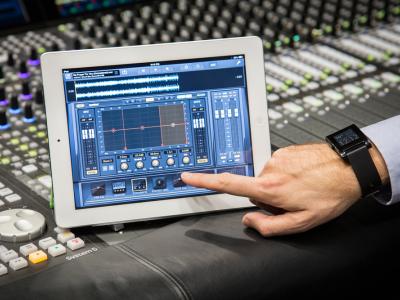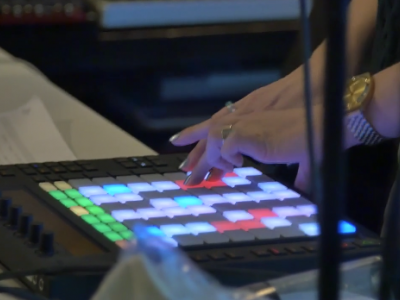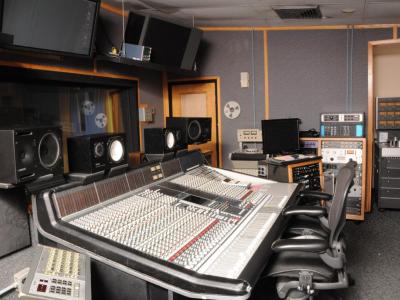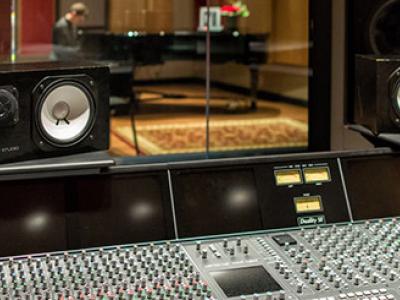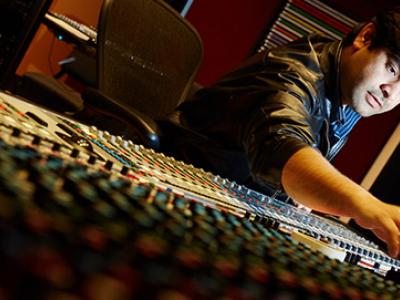What does an Assistant Engineer (Studio) do?
In the style of old-school apprenticeships, assistant engineers learn the recording engineer trade under the tutelage of a seasoned practitioner in exchange for tirelessly supporting the operations of the studio. Their duties tend to be basic and the wages low, but salary is only part of an assistant engineer’s compensation, which also includes a uniquely immersive education and the tools to advance within this career. Generally the first to arrive at the studio and the last to leave, they are at the beck and call of the lead engineer and are expected to help with a wide range of tasks, both before and during sessions.
Assist with studio setup
In order to ensure that the studio is operational in time for its appointments, assistant engineers select, position, and test microphones; move, test, and ready amplifiers; label, organize, and test cords; and organize, label, and prepare audio tracks.
Assist with recording sessions
When the time comes for the session itself, assistant engineers adjust the microphone setups; troubleshoot minor problems with instruments and equipment; help the musicians prep for recording in whatever way they can; maintain vital session logs; and grab coffee for the team when the session runs late (or starts early).
At a Glance
Competition can be fierce for assistant engineer jobs, so patience is key. Working as a studio intern or runner while waiting for a position to open up can be a good way to land a job, but all aspirants would be wise to network and cultivate relationships with industry professionals, who may be able to offer a reference or job lead.
- Audio recording hardware and software
- Production
- Broad knowledge of instruments and their preparation
- Administrative skills
- Organization
- Problem solving
Assistant engineers are rarely the center of attention in the studio. They are expected to keep their heads down, assisting the producer and engineer in whatever way possible in exchange for experience and valuable industry insight. Being organized, observant, flexible, and focused will help assistant engineers stay sharp in what is sometimes a slow-paced and repetitive work environment. The ideal assistant engineer is also a very quick learner who won't need to be shown something twice.
The hours can be long—12-hour days are a possibility—and sessions often happen at night and on weekends. But for most assistant engineers, the opportunity to gain experience, knowledge, and connections in this competitive field is well worth the price. The work itself can be painstaking and repetitive in between sessions, with bursts of intensity depending on the client’s budget, schedule, and goals.

